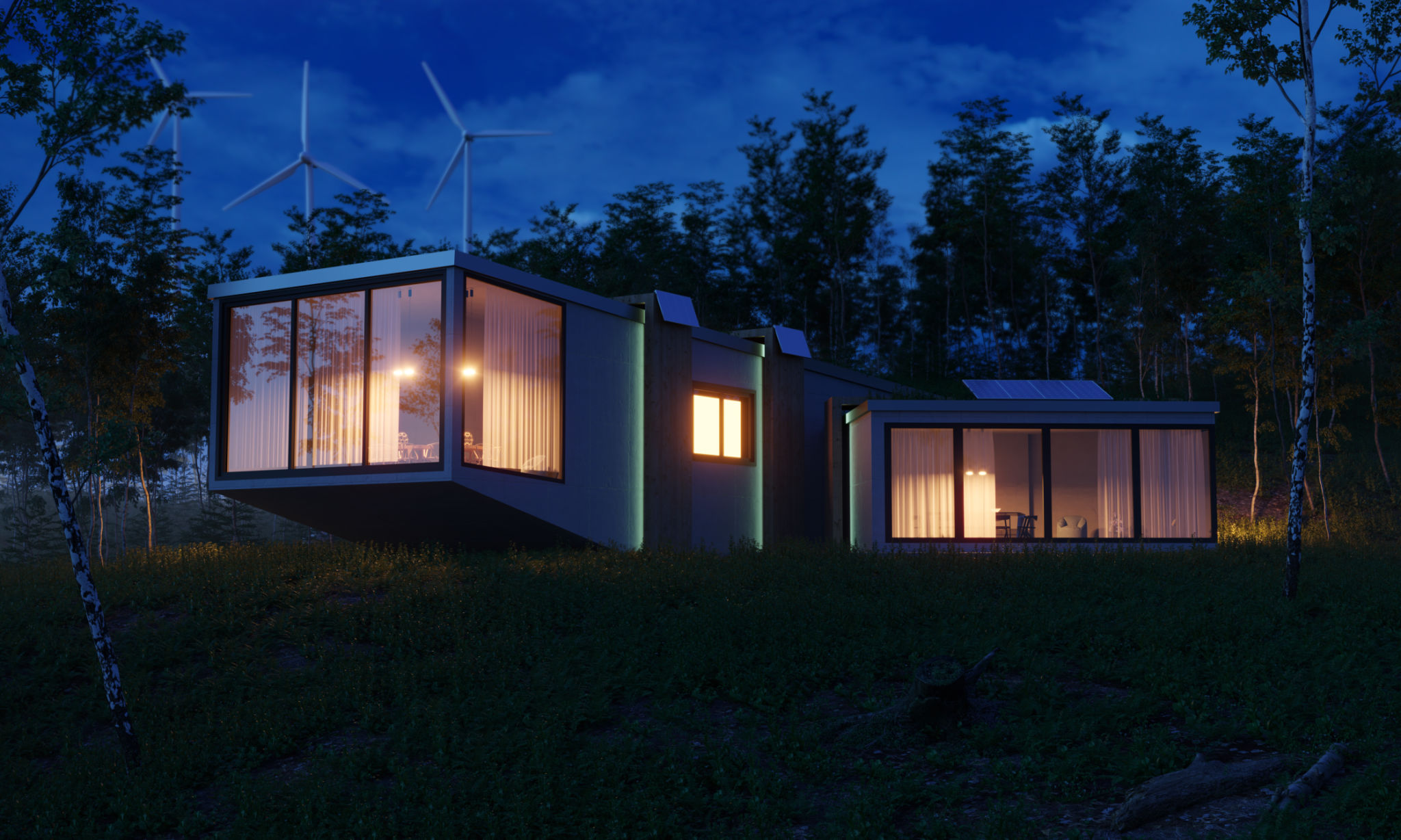Comparing Renewable Energy Solutions: Which is Right for Your Home?
Understanding Renewable Energy Options
As the world moves toward more sustainable energy sources, homeowners are increasingly considering renewable energy solutions. With a variety of options available, it can be challenging to determine which solution is best suited for your home's needs. This guide will help you explore the various renewable energy systems and their benefits, enabling you to make an informed decision.

Solar Power: Harnessing the Sun's Energy
Solar power is one of the most popular renewable energy solutions for homes. Using photovoltaic panels, solar systems convert sunlight into electricity. This energy can power your entire home or supplement your current electricity source.
Advantages of solar power include reduced electricity bills, low maintenance costs, and a decrease in carbon footprint. However, factors such as initial installation costs and the need for sufficient sunlight exposure must be considered.
Types of Solar Panels
There are primarily three types of solar panels: monocrystalline, polycrystalline, and thin-film. Each type has its own efficiency levels and cost implications.
- Monocrystalline: Known for high efficiency and longevity.
- Polycrystalline: More cost-effective but slightly less efficient.
- Thin-film: Lightweight and flexible, ideal for unique installations.

Wind Energy: Capturing the Wind
Wind energy is another viable option for homeowners, particularly those in rural or open areas. Small wind turbines can be installed on your property to generate electricity by harnessing the power of the wind.
The benefits of wind energy include a reduction in electricity bills and a significant decrease in greenhouse gas emissions. However, it's important to consider factors such as wind availability, space requirements, and local zoning regulations before installation.

Geothermal Energy: Utilizing Earth's Heat
Geothermal energy systems tap into the stable temperatures underground to heat and cool your home. This method involves installing a geothermal heat pump that circulates fluid through underground pipes to regulate indoor temperatures.
While geothermal systems have higher upfront costs compared to other renewable options, they offer long-term savings on heating and cooling bills. Additionally, geothermal energy is highly efficient and environmentally friendly.
Assessing Your Home's Needs
When considering which renewable energy solution is right for your home, it's crucial to assess your energy needs, budget, and property specifications. Factors such as your location's climate, available space for installations, and potential financial incentives should be evaluated.
Making the Right Choice
Choosing the right renewable energy solution for your home can significantly impact your environmental footprint and energy costs. By understanding the unique benefits and requirements of each option, you can determine which system aligns best with your personal goals and home setup.
Consulting with renewable energy specialists or contractors can provide additional insights tailored to your specific circumstances, ensuring a sustainable and efficient energy future for your home.

